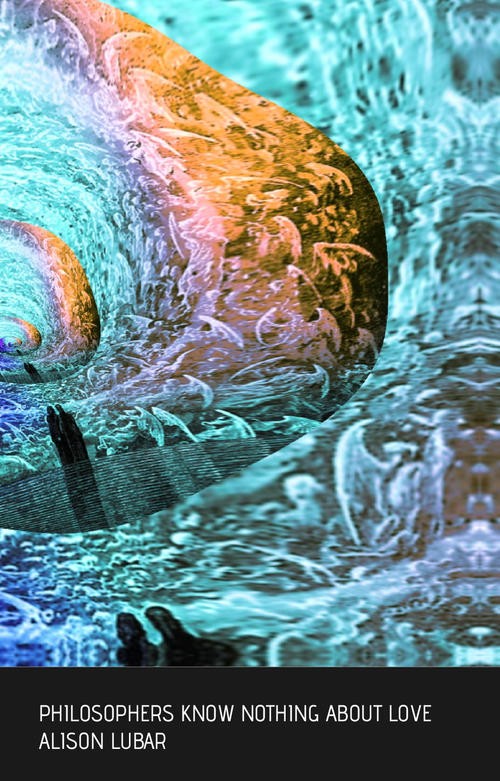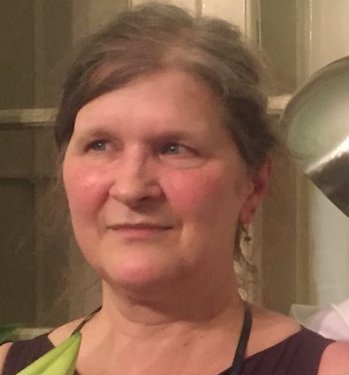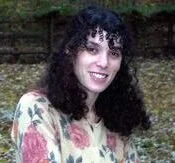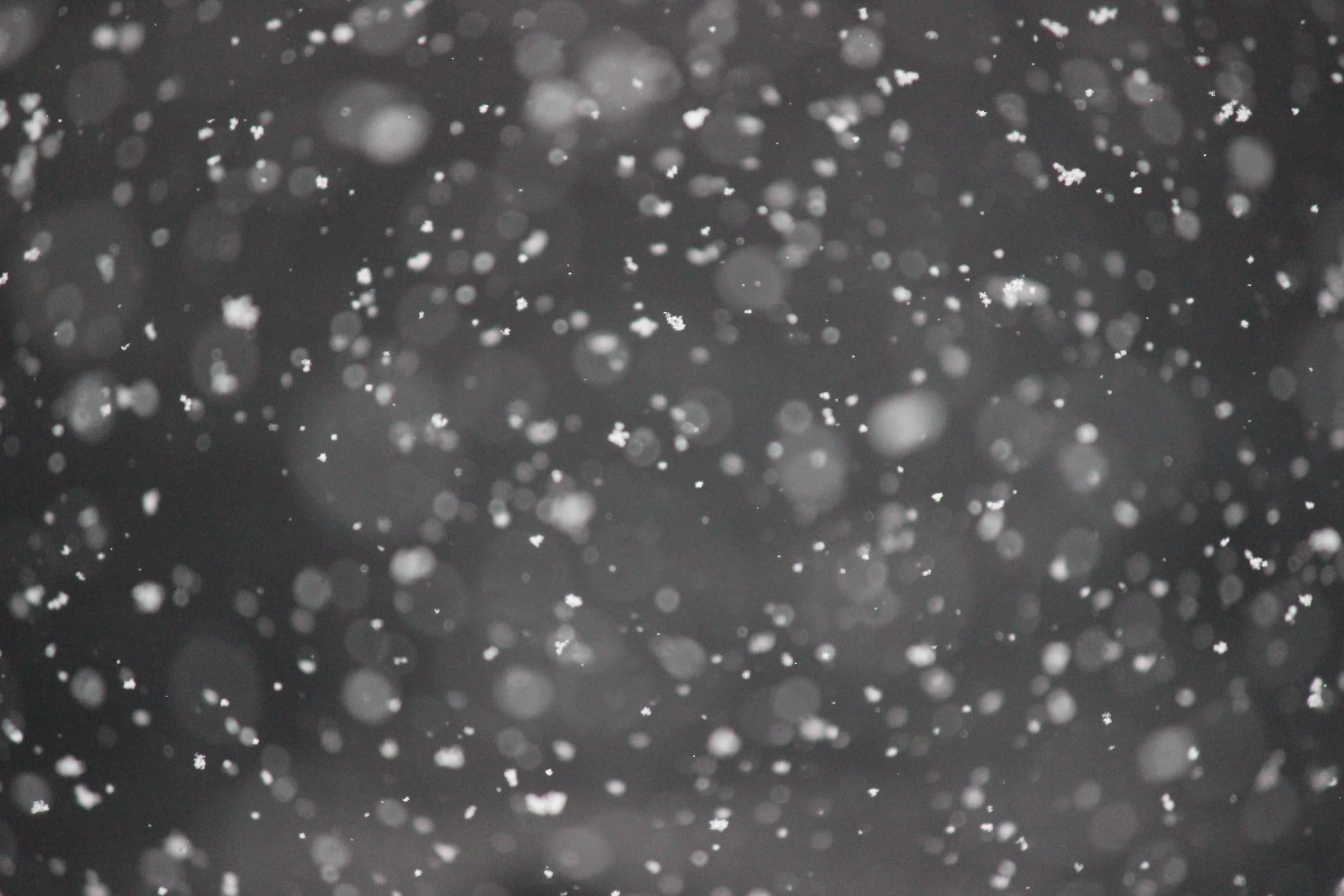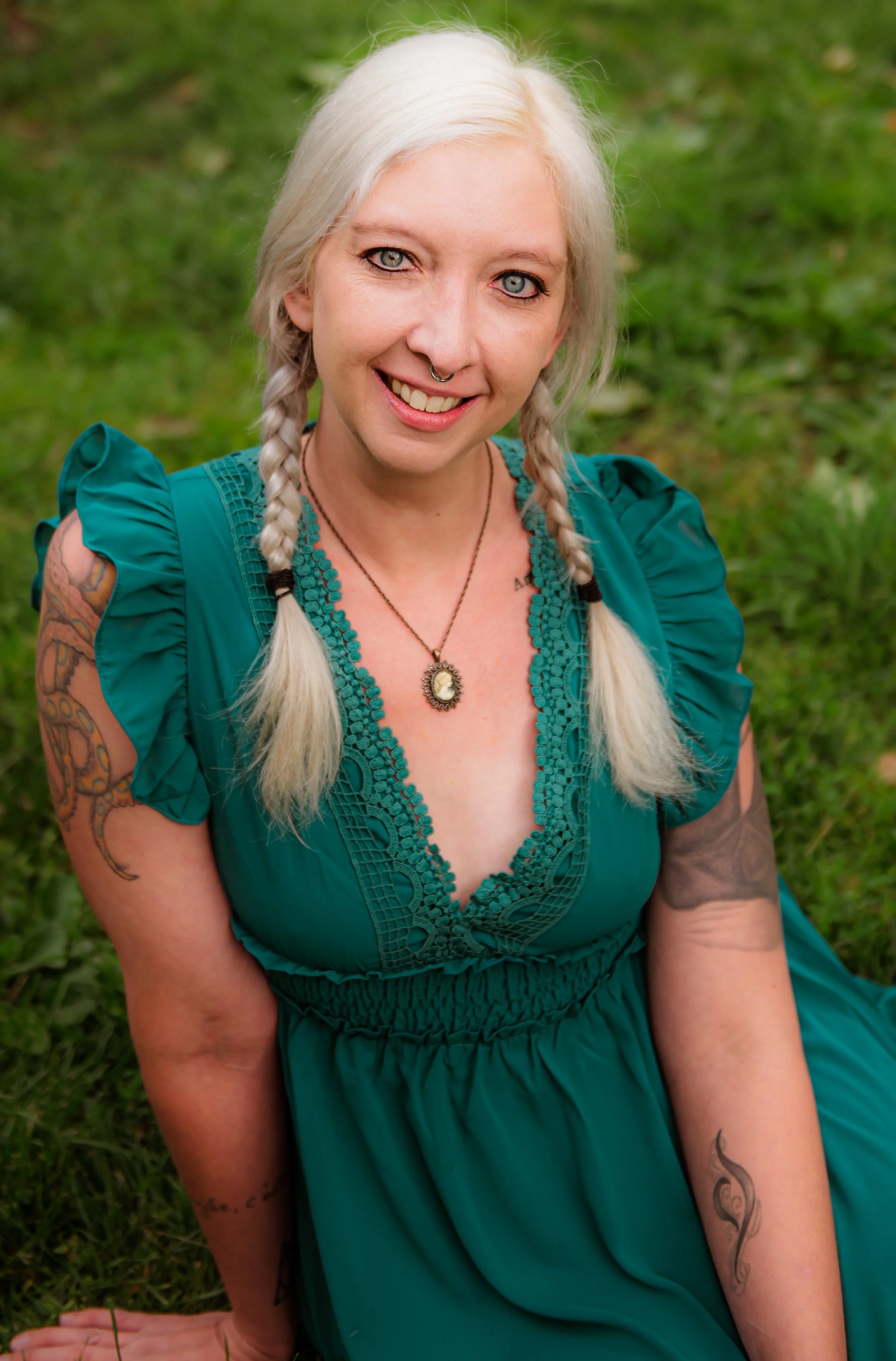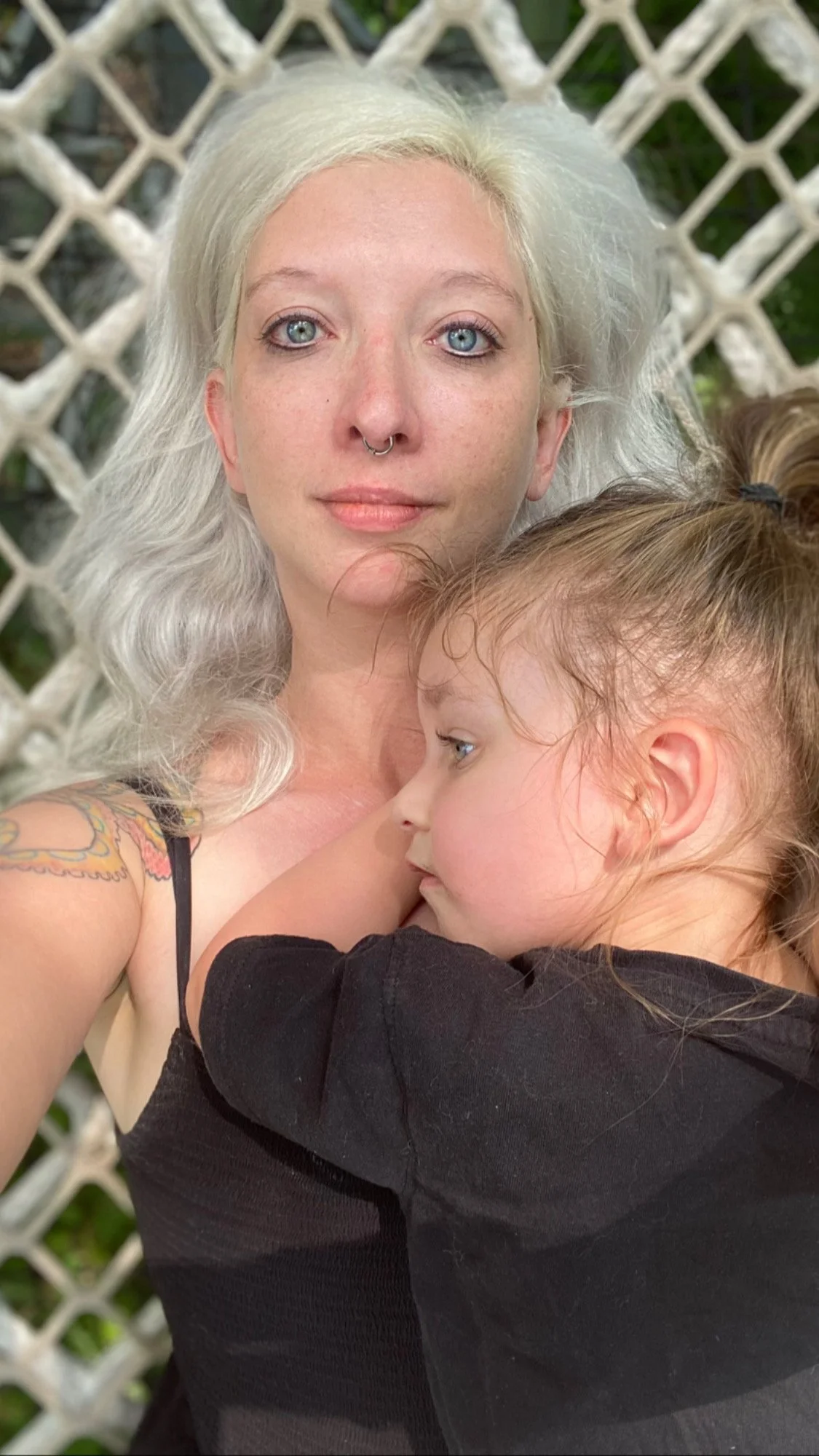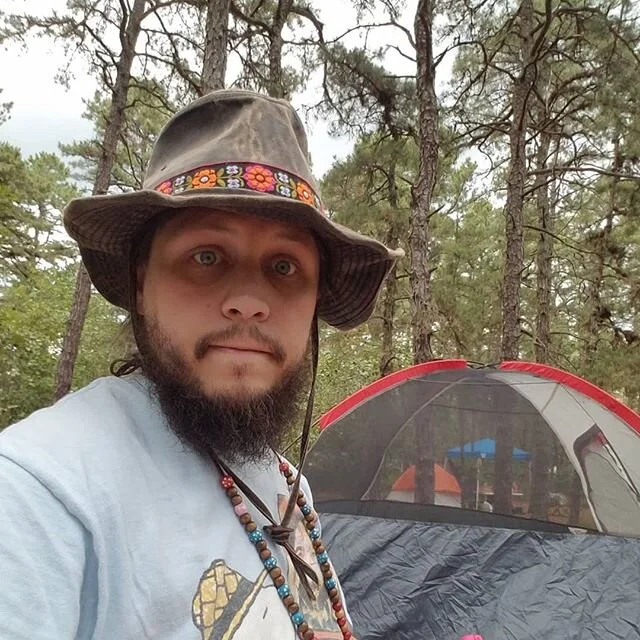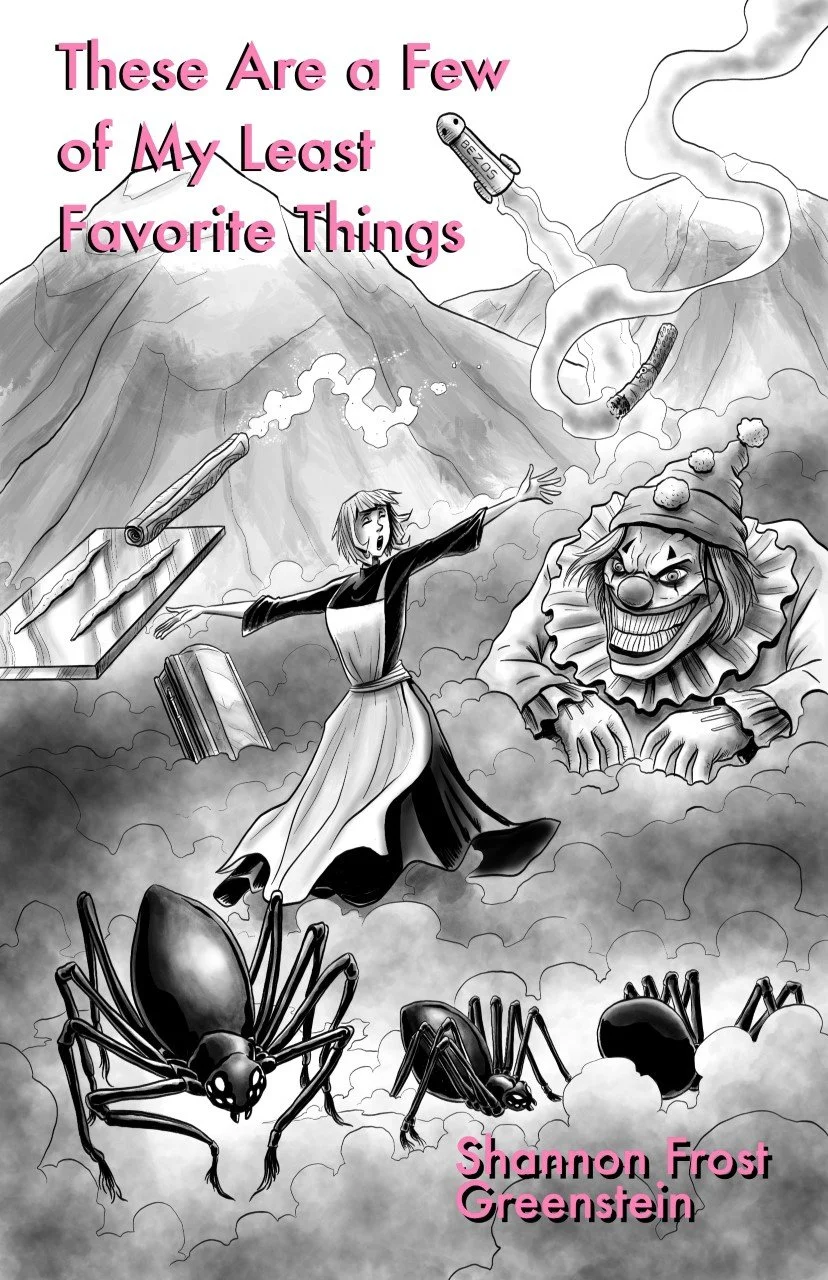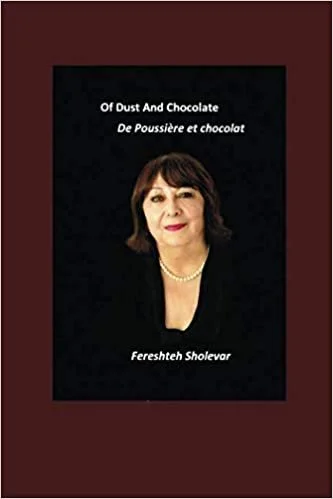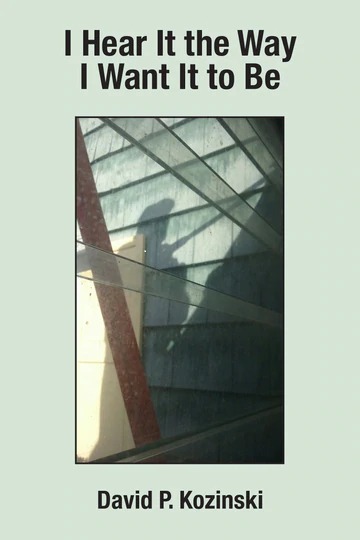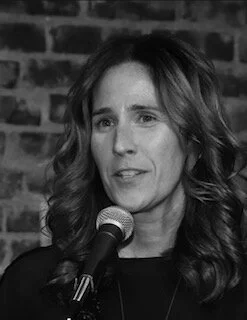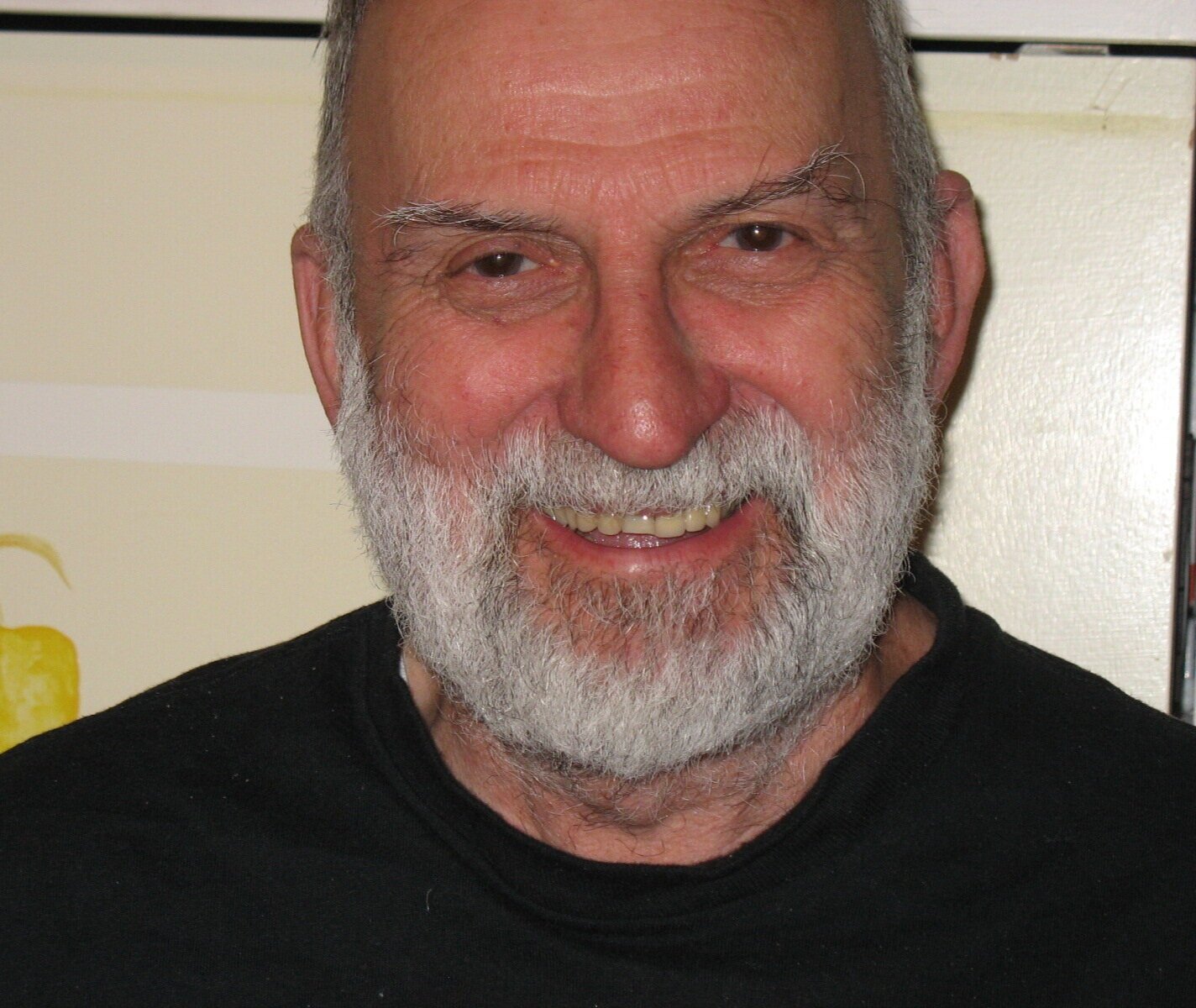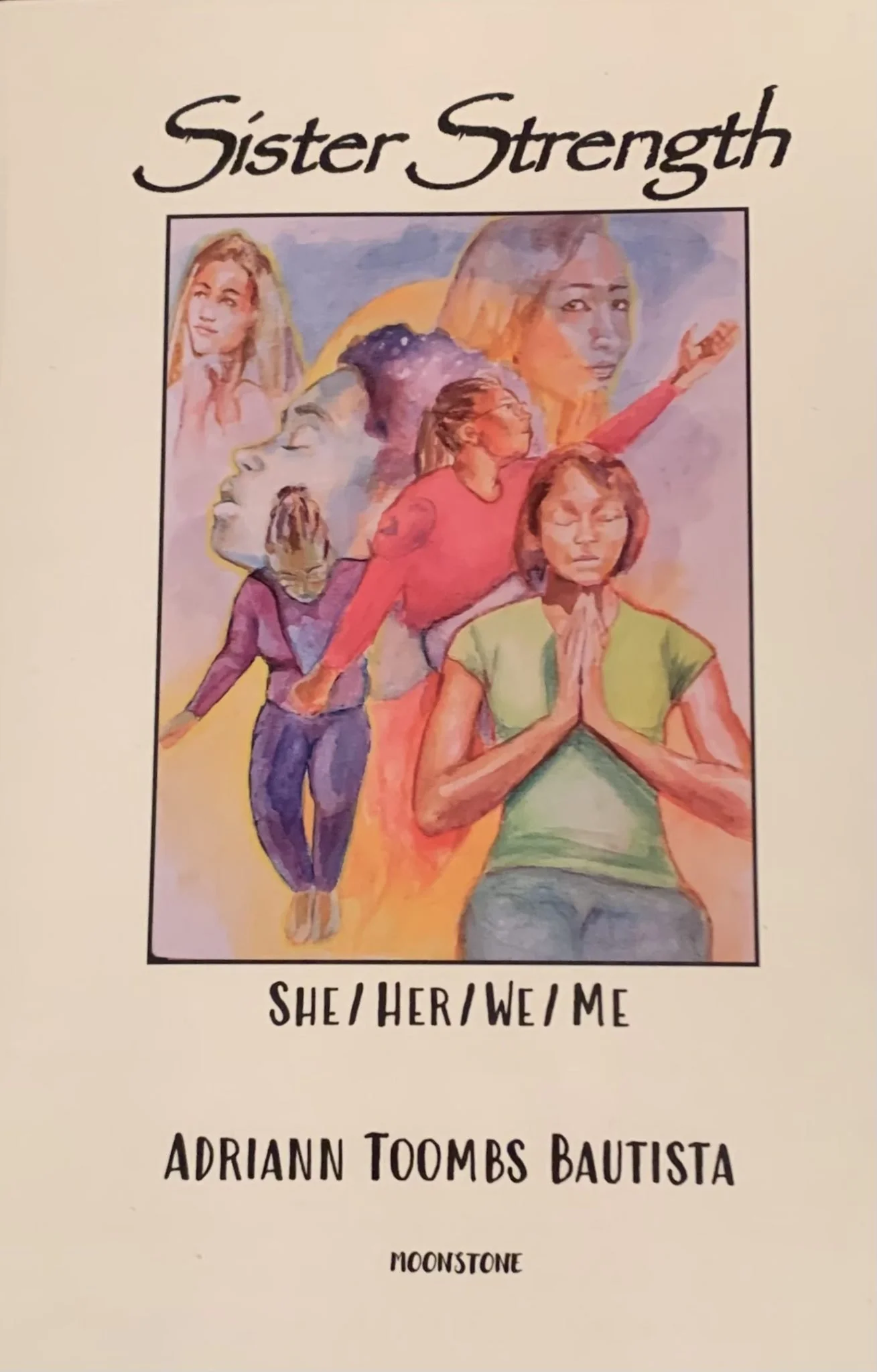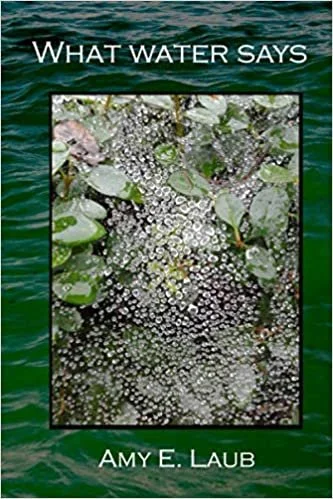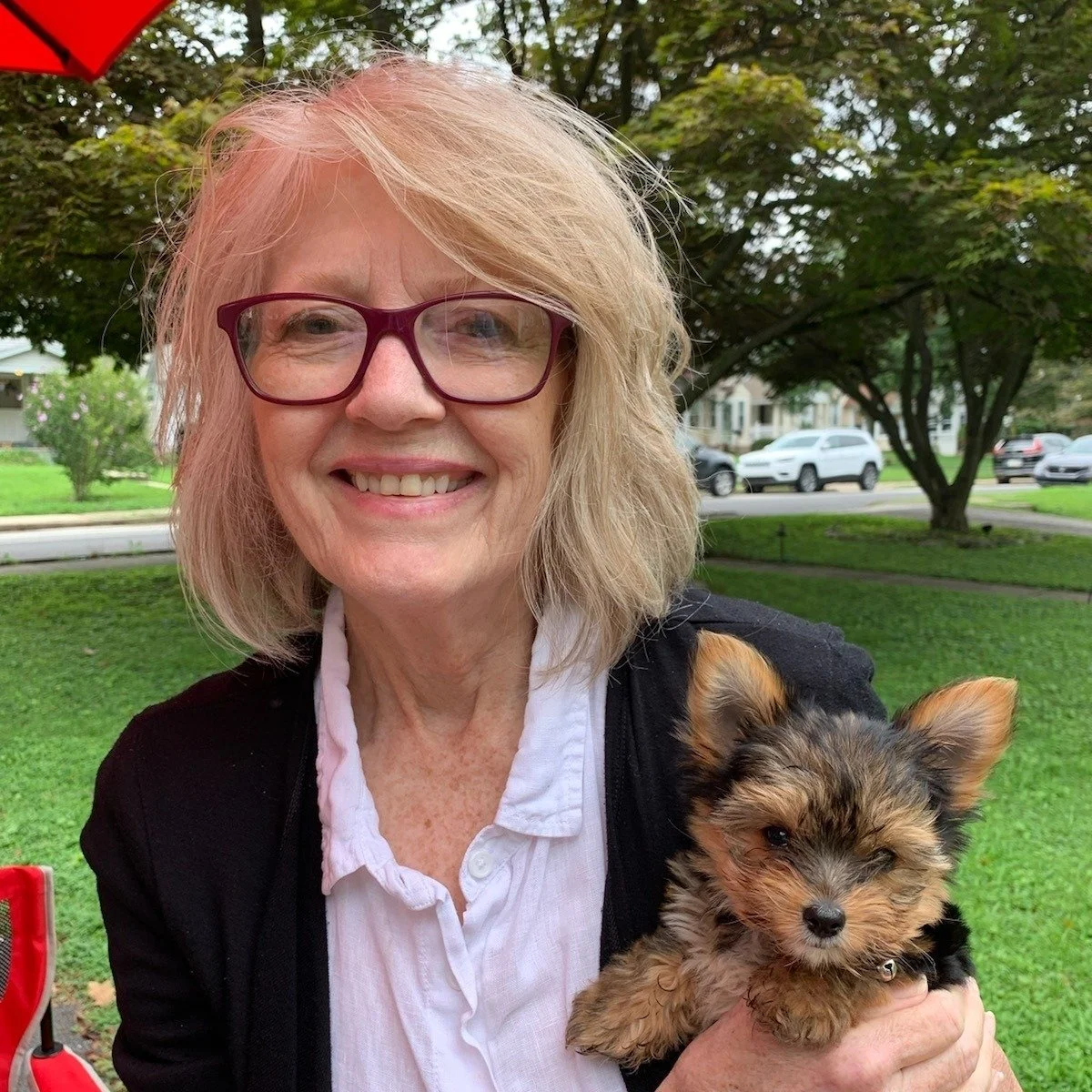This is obviously not a new book, but it’s a very interesting, various, and moving collection of poetry translated from Ukrainian at a moment when Ukraine has been so much in the news, so the book published five years ago is worth revisiting. The “words for war” in the title refer to the lower-intensity but still terrible war that began in eastern Ukraine in 2014; the Russian invasion in late February of this year was a shock, but it wasn’t new to people there: just a new order of magnitude. Because readers might want to learn things about Ukraine and Ukrainian poetry, rather than just enjoying the poems, this is longer than the usual review. And if you want to learn more this book will do the job, even though it focuses on poetry from a short slice of years, focusing on that low-grade war that began eight years ago. It includes a lot of “front matter,” with a preface and then an introduction. Don’t be put off if I make it sound a bit academic—the poetry is good, and you wouldn’t go wrong by clicking on the link in the next paragraph and plunging into the writing.
The collection is not bilingual; it includes only English, but an open-source website includes the Ukrainian originals along with the translations: . The colorful pictures of the poets on the site, in alphabetical order, demonstrate that the collection includes both younger and older poets, and that there is a nice gender balance: eight poets who present as men, eight who present as women, though tellingly the women are all on the younger side. Each poem is on its own page online, with the English at the top, Ukrainian just below, and then (often, though not always) a little video of the poem, read aloud by a different poet.
For the sixteen poets there are 29 translators. Editors Oksana Maksymchuk and Max Rosochinsky invited so many translators for a couple of reasons: to get more people involved in the overall project (ideally in an ongoing way, and indeed some of the translators have continued to work on Ukrainian poetry in the years since), and to get the book done more quickly. Note, local readers: Oksana Maksymchuk is a Bryn Mawr alumna, and while she was a student she won the Richmond Lattimore Prize for poetry translation. J (And if you are a reader of Classical literature—Ancient Greek and Latin—in translation I may not need to tell you who Richmond Lattimore was.) Maksymchuk and Rosochinsky wrote the preface, while the introduction is by the poet Ilya Kaminsky, who was born in Odesa, Ukraine, and lived there before moving to the US and eventually writing books like Deaf Republic, in English, which I can’t review because it is not a translation.
The editors’ preface is thoughtful and informative, offering both specific information and more general observations. For instance: “Poetic language often reveals that our present situation is only one of many possibilities by helping us envision other ways to be, think, and feel. It reminds us that the world is not simply given to us—we are involved in making what it is” (p xviii). Kaminsky is a poet rather than an academic, but his introduction interweaves personal and family history, comments by poets he knows personally, and references to theorists. The personal anecdotes can be the most striking:
On another visit to Ukraine, I saw a former neighbor of mine, now crippled by war, holding his hand out on the street. He wasn’t wearing any shoes. As I hurried by, hoping he wouldn’t recognize me, I was suddenly brought up short by his empty hand. As if he were handing me his war. (p. xxiii)
The end of the book includes an afterward by the poet Polina Barskova, whose qualifications include studying literary production during the siege of Leningrad; brief biographies of the poets; bios of the translators, a glossary of terms and a list of locations that might be unfamiliar to an anglophone reader might not know; then notes to individual poems; acknowledgements, a list of prior publications, and at last an index. So the book has all the academic apparatus you might want, though the reader may choose to skip all that.
The poets are presented alphabetically, and they are: Anastasia Afanasieva (b. 1982), Vasyl Holoborodko (b. 1945), Borys Humenyuk (b. 1965), Yuri Izdryk (b. 1962), Aleksandr Kabanov (b. 1968), Kateryna Kalytko (b. 1982), Lyudmyla Khersonska (b. 1964), Boris Khersonsky (b. 1950), Marianna Kiyanovska (b. 1973), Halyna Kruk (b. 1974), Oksana Lutsyshyna (b. 1974), Vasyl Makhno (b. 1964), Marjana Savka (b. 1973), Ostap Slyvynski (b. 1978), Lyuba Yakimchuk (p. 1985), and Serhiy Zhadan (b. 1974). They are all living poets, and as you see many are YOUNG poets, though not as young as they were five years ago. A question to ponder: what is a young poet, and what do we want to happen when we discover a young poet writing impressive stuff: what should we do to nurture those talents? Because Ukrainian poetry has been kind of a niche thing until the break-up of the USSR, and continues to be more “niche” than is reasonable for a country of 44 million, getting the poems into translation in “world languages,” including English, is extra important. (You can bet that all the poets have read the major Anglophone poets in Ukrainian translation!) That makes the book even more important as a contribution to represent.
What do you get from an anthology, as opposed to a collection by a single author? It offers multiple voices, rather than only one, though of course many poets play with voices in their work, both in terms of the “biographical” backgrounds of their speakers and in the stylistic levels or genres they take on. Not all those voices will please you, but some are bound to.
(Here I must make a guilty confession: I’m one of the translators in the volume. I worked with the wonderful Mary Kalyna, who then suggested that we ask Bohdan Pechenyak, who actually grew up in Ukraine, about a few points where we were uncertain. Our little collective presents three relationships to the poems: I used a dictionary and triangulated between my better knowledge of Croatian and of Russian; Mary is the child of “second-wave” emigres who was sent to kindergarten knowing only Ukrainian, now completely bilingual; Bohdan grew up in Ukraine and is a fully fluent native speaker. In case these details are of interest to readers. We translated Halyna Kruk and Marjana Savka, who at the time didn’t yet have their “own” translators into English, and who are represented by fewer works, compared to some better-known poets.)
I’ve written so much already that I’ll only bring up a couple of examples of the poetry. Oksana Lutsyshyna (who teaches Ukrainian and other subjects at the University of Texas at Austin and has published a whole book in translation, Persephone Blues [Arrowsmith Press, 2019]), has four poems in the volume; here is one translated by Maksymchuk and Rosochinsky:
I DREAM OF EXPLOSIONS
someone sets a lighter to a bush of living fire
invisible
with an invisible hand
there’s no place on earth that’s safe
there’s no earth anymore
there’s nothing
how can we begin with the words:
“Nothing exists”?
the whole body becomes an organ of sight
finds a foothold
for true vision
you fall out of the world as out of a sieve
and you see: it’s not there,
it’s an illusion
so why does it still hurt
so bad
(p. 119)
Probably the most famous poet in the book is the last one, Serhiy Zhadan (both parts of his name are stressed on the last syllable). Zhadan has one of those biographies that grab people’s attention: he was badly beaten by pro-Russian demonstrators in Kharkiv in 2014 and had to go to hospital, and he is still in Kharkiv now, despite the ongoing bombardment, showing up in pictures on Facebook in various volunteer activities, or recording his next hit (he says). He has twelve collections of poetry and seven novels, has won a passel of literary prizes (Ukrainian and international), and fronts a ska-punk band that used to be called Dogs in Space but now, in tribute to the draw of his name, is called Zhadan and the Dogs. His poetic persona is blunt and streetwise. Here is one of the seventeen poems by Zhadan in Words for War, translated by the excellent Belarusian poet Valzhyna Mort:
THIRD YEAR INTO THE WAR
They buried him last winter.
Some winter too—not a snowflake, so much rain.
A quick funeral—we all have things to do.
Which side was he fighting for? I ask. What a question, they say.
One of the sides, who could figure them out.
What difference does it make, they say, same difference.
Only he could have answered, they say, now it’s he said-she said.
Could be? His corpse is missing a head.
Third year into the war, bridges are patched.
I know so much about you—now what?
I know, for one, that you liked this song.
I know your sister, I loved her once.
I know your fears and where they come from.
I know who you met that winter and what was said.
Three years of nights patched with ash and star light.
I remember you always played for another school.
And yet, who did you fight for in this war?
To come here, every year, to rip dry grass.
To dig the earth, every year—dead, heavy earth.
To see, every year, this pace, this ill.
To tell yourself, till the end, that you didn’t shoot
into your own. In the waves of rain—birds vanish.
I’d ask to pray for your sins, yet what sins?
I’d ask for the rains to stop—rains full of birds.
Some birds! It’s easy for them. For all they know,
there’s neither salvation nor soul.
(p. 173)
Both these poetic examples suggest that the editors have chosen poems that. do address the war, but that are also satisfying as layered, multivalent poetry
Why is poetry seen as important in wartime, when other things might seem to demand priority? 1) It represents cultural capital, proves (along with other artistic forms such as novels, theater, movies, music, etc.) that there is a culture there, 2) It is shorter thank most prose works and thus quicker to read or translate, 3) And then poetry can be seen as the apex of what you can do with language—often the poetry in a certain language features what that language does best of all. Ukrainian poetry specialists point to the “soft” rhyming (it feels more like slant rhyming than exact rhyme does in English), while variable word stress (which English also has) makes the rhythm of a line even more important than the number of syllables. In Ukraine, especially during the war, a poet is called upon to represent the culture. This will be familiar to any North American poet writing from a minority position: your gift obliges you to use it, because no one else is going to write those poems. (Whereas people from a majority culture can think: it doesn’t really matter if I choose to do something else.) Of course, a person who can translate poetry from a neglected language may feel an echo of that demand. This has certainly motivated translations of poetry from Ukraine up to now.
Besides Words for War, anyone interested in the most recent Ukrainian poetry can simply Google. Many of these poets in the book have been translated further since 2017, so this collection may introduce you to someone you want more of, and they are all out there now.

